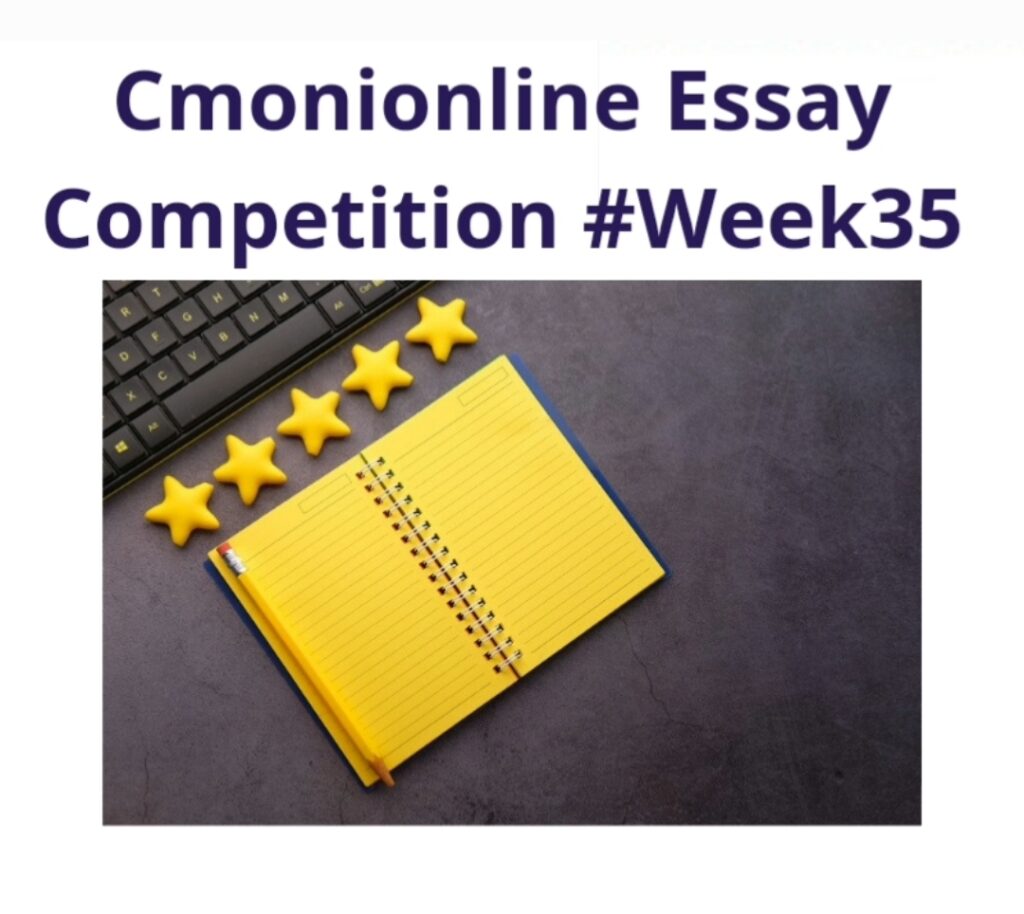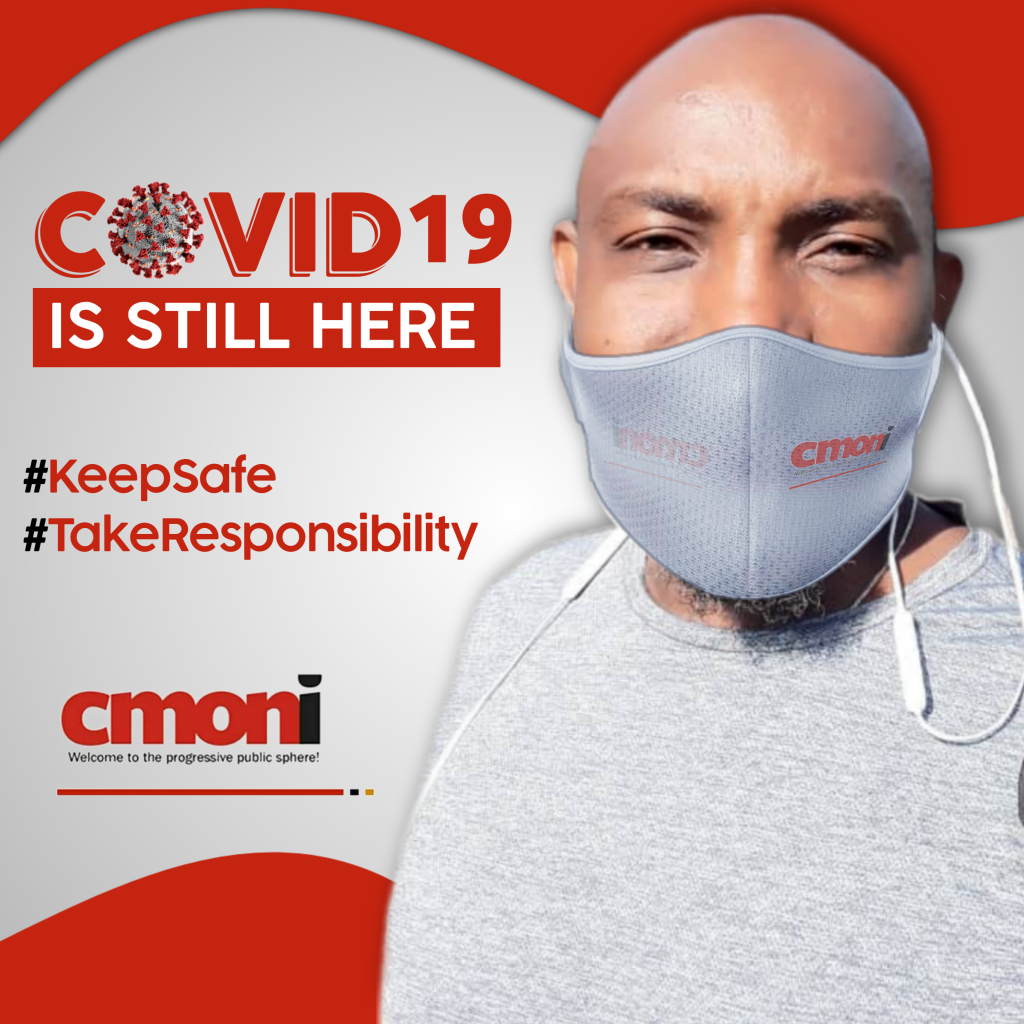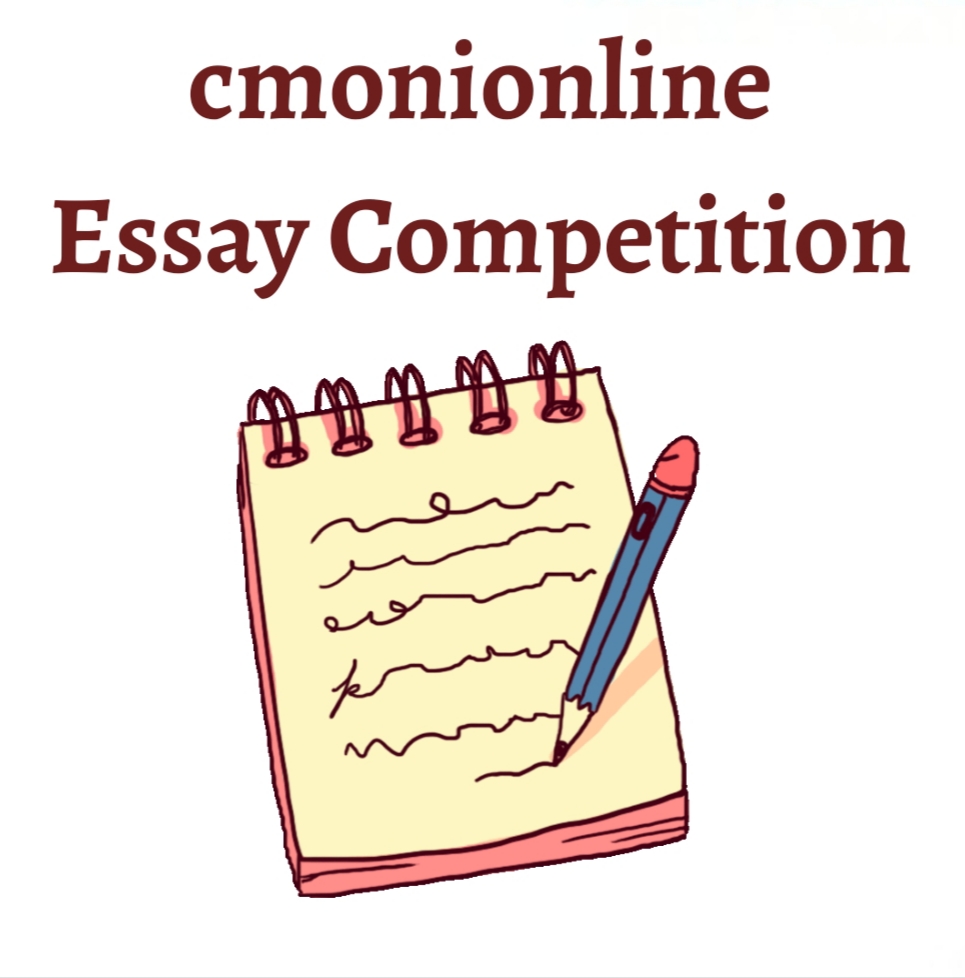Under that burning heat in June,
I sat on the last seat on the bus
Literally steaming,
Bursting at the seams with impatience,
As the internet crawled slower
With each passing minute
We rode into a no-network area
And I wondered when she
Would get my text…
It was our desperate love
In the shaky hands of the internet!
Once, I saw an article about the remaining parts of the Earth that are still a bit more analog — by this I mean that there are very few or no mobile masts in the locales therein listed — and the question I had on the tip of my tongue was: Are there people living in those places? Despite sufficient evidences that there are such people, terrene as much as I, who do not have and have never had any access to the modern comforts the digital space has to offer, I shudder at the thought of such primitive life.
Sometimes, in my wild manner of reasoning, I have thought of the internet, which of course is one of the numerous results of conscious digital efforts in our contemporary world, to be an entire parallel universe with all of its own uniqueness and complexities which I am to grow into, understand, and harness with an even more productive life in view. Fact is: there is too much one misses out on if one does not conform to the transmutations the world is undergoing, chief of which is a massive technological thrust.
I am going to trust my memory to say that my earliest attempts to have a life on the digital trajectory, a way of life made more popular with each breaking day, was in 2011 when I opened a Facebook account. As laughable as it sounds, I hadn’t a phone at the time, but I had heard of the miracles that happen online, how connection is made as easy as snapping one’s fingers and as quick as a reflex action. I created an account on Facebook on a friend’s phone, and I recall having to frequent his house to have access to that account, to have access to the second world I had, or better still, was putting together with my own hands.
Hence, I could say that I have had ten years of consciously engendering a digital presence for myself, creating accounts with several other tech innovations as soon as I come across them. Furthermore, I could take a debatable stance that any ten years of labor is prized by the laborer; nothing else could have as much influence on him as such a work. On my part, and as for influence, my life online has a noteworthy influence on any other aspect of my life you would like to examine.
There had been days that I woke up to devastating news — and by this I mean a couple of heart-wrenching, upsetting news on my online feed that directly have an effect on me; from friends I have made online, family whom I am connected to, pages I follow, and not necessarily headlines from local or national media outlets — and the rest of the day would cave in against a backdrop of melancholy, euphoria, or excitement, depending on the form of information I received.
As a writer, my online presence, I have found, seems to tower unchallenged over other presences I have. In fact, several people who know I write online do not know me in person, and this reality begs the question: if I hadn’t an online presence, would I have had their readership? This, too, is an influence. It is the very reason why both of my online and offline lives, despite distinct, are interlocked, and cannot really have separate existences. Writing, for me, has been an enjoyable experience ever since I melded it in some sort of holy matrimony with my digital life.
One of the beliefs I have is that anyone can be a writer, but for one to write something that others would find binge-worthy, one needs to be a voracious reader. And this belief has become my culture, my religion, in which I can call myself devout. I read as much as I write, and with this progressive persuasion of mine, I am caught up with the challenge of having books I wish to read more than I have the resources to afford. Albeit, the relief technology promises and makes available is nearly endless. So, I have grown accustomed to having soft copies of the works of my favorite writers from all around the world on my phone and personal computer and almost at no cost at all. This, too, is an influence from my digital presence.
However, just as any other application in life, technology comes with as much drawbacks as benefits. Over the years, we have had reasons to blame the abject upheavals of our social and cultural dispositions on the ragingly continuous whirlwind of digital growth, and these reasons justify themselves. Within the cadre of our morality, decadence is increasingly festering; whole governments are implementing bans that prevent the use of most of our digital creations with a firm stance that such comforts are just too good for this age. In all of these events, it seems that we are coming closer to the unfortunate conclusion that life before technology was far more comforting.
However, while I agree with such a conclusion to a fair extent, I still believe that the major cause of the terrors of digital life now is that we tend to lose our humanity in it. Earlier, I explained that I find my life online to be an entire universe — a world, yes, but one that cannot really have an independent existence of its own — and our failure to see it as such, I postulate, bedevils us. If I find a preacher, speaking of the evils of the social media in that nothing in it is as real as it seems, I would definitely agree with him on that note given several evidences I have come across. Many a time, we find that the Internet, gives us an opportunity to run away from all the realities of our natural world, and that we can, as long as it lasts, put on a façade, and live in it. In the process of doing so, we lose our humanity in a more literal sense than we can imagine.
In my opinion, while life online and life offline can be quite different, they are not independent of each other. Hence, the idea of one living the two with a dual personality is a sure path to losing out on all the perks that come along with digital life. Offline, if I were a married man with two kids, leading a simple life as an office clerk, but a multi-millionaire realtor who is seeking to build long-term relationships online, there could possibly be no more sublime definition of disillusionment.
As regards optimizing our forms of life online and offline, there must be a conscious effort to see the internet as the web it is. One is either the spider, weaving the silky thread together, or the fly helplessly and hopelessly trapped in it. I had begun this article with a short poem that I put together to illustrate the frustration that is just one of the least ramifications of getting lost “in the shaky hands of the internet.”
Quite arguably, the key to having a healthy relationship between one’s online and offline life forms is to not lose one’s humanity in any of both. If there is no balance between the two, there is bound to be a misapplication somewhere. While all I have is a complete dread for a situation where I am rid of every form of access to my digital life (in fact, I can’t see any more cruel way to die), I do take a sort of retreat for some time, away from the web. Call that retreat, if you like, one of those locales on Earth today where there is no connection, but I do go on such self-denying tasks. Call it a vacation, and on that note I know of doctors who recommend holidays for self-recuperation. And if you are a little like me, with a mind-probing thought that a time away from the internet is death in itself, then, you can as well remember that death is a kindness sometimes. We all need a vacation.
Johnson Onyedikachi is a teenage Nigerian creative writer who has unpublished manuscripts of poetry and plays. He recently picked interest in crime fiction and in August 2019, enrolled in an online course where he gained proficiency in article/journal writing including the use of referencing formats (MLA and APA style). He wrote in via johnsonshaqs@gmail.com








